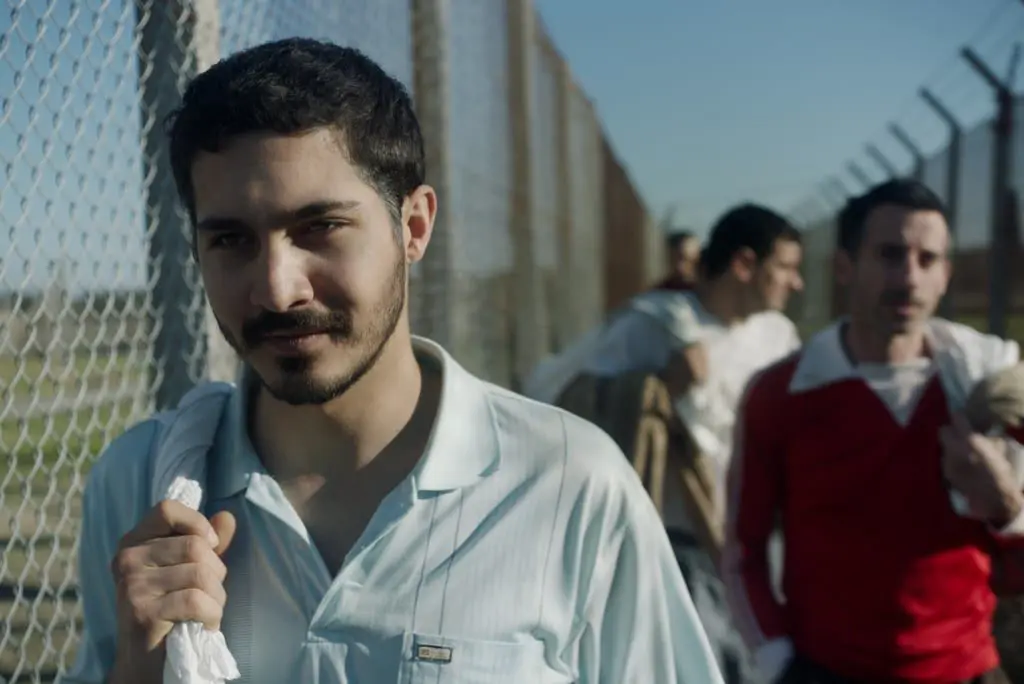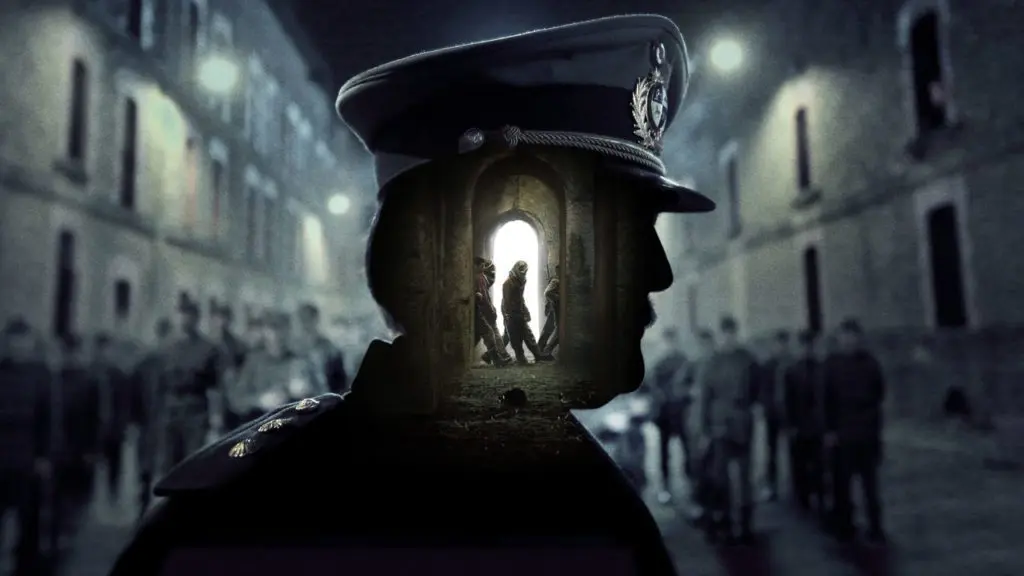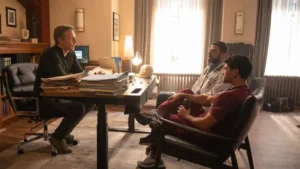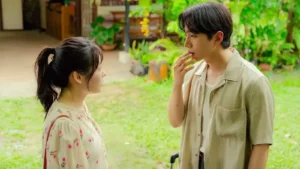Summary
A compelling true story about the resilience of the human spirit, A Twelve Year Night isn’t uplifting viewing, but it is undeniably riveting.
Álvaro Brechner’s A Twelve Year Night, which debuts on Netflix today, opens with a fancy, impressive shot in which nine left-wing revolutionaries are seized by the recently installed military dictatorship in Uruguay, 1973. They quickly have gasoline-soaked bags placed over their heads, with the clear implication that if they don’t comply with instructions they’ll be set alight. There are, I’m sure you can imagine, more light-hearted ways to spend the first Friday morning after Christmas, but here we are.
The guerrillas are members of the trade union-affiliated Tupamaros movement, which was quashed by the junta, and A Twelve Year Night zeroes in on three of them: Eleuterio “Nato” Fernández Huidobro (Alfonso Tort), Mauricio “Ruso” Rosencof (Chino Darín) and José “Pepe” Mujica (Antonio de la Torre), who, after the reestablishment of democracy in Uruguay, went on to become the country’s president for five years.
What follows that opening is a harrowing account of physical and mental torture, and often a commentary on the trickle-down effects of democracy and the preposterousness of a reactionary dictatorship, the latter of which occasionally manifests in the form of bleakly comedic absurdity. But beyond those few moments when it’s explicitly trying to be, A Twelve Year Night isn’t funny, nor should it be. It’s about the failures of the systems we establish to govern and protect ourselves, and the gradual erosion of our civil liberties. More than perhaps anything else, it’s a horror story.

It’s also a true story, one plucked from recent history (not unlike Netflix’s documentary Two Catalonias), which gives its political framework a scarier contour and its human undercurrent more power. The endless endurance of the human spirit even in times of extreme emotional and physical abuse is not new territory, but knowing that these people not only survived but flourished in the aftermath of their trauma – Huidobro served as Mujica’s Minister of Defence, while Rosencof was and remains a successful poet and playwright – helps A Twelve Year Night to swerve the trappings of narrative and feel plainly, powerfully human.
Most of the time, anyway. Brechner, who also wrote the screenplay, is occasionally a little heavy-handed with his concessions to the audience, ensuring they pick up on obvious details by explaining them outright, sometimes more than once, and he’s susceptible to the odd bit of cliché in how he depicts certain things, most notably the moustachioed military officer (César Troncoso) in charge of their captivity, and Mujica’s mental deterioration and relationship with a compassionate doctor (Soledad Villamil). Still, these are relatively minor criticisms of a film that otherwise captures, boldly, what it means to persevere through a nightmare and emerge on the other side of it more awake than ever.




